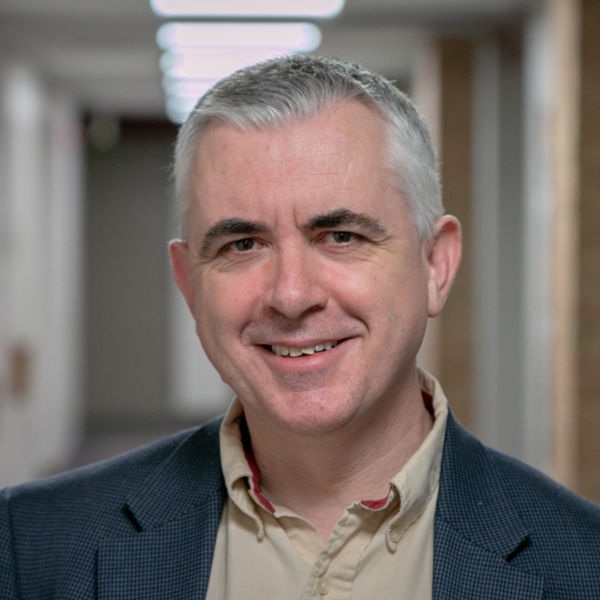Across the nation, universities are placing a renewed emphasis on civic or public engagement, helping to solve problems in their local communities. And churches and other religious institutions are playing a vital role in that work, said David Scobey, the executive dean of The New School for Public Engagement.
“There is no educational institution in the country where robust, expansive community work is being done that is not partnering with religious communities and institutions,” Scobey said. “They are so important to people’s lives, to social good in the community.”
When colleges and universities engage with local communities, they inevitably try to reach out to and partner with trusted problem solvers, he said.
 “And the churches are often those kinds of key trusted, generative, compassionate community centers,” said Scobey, a national leader in helping colleges and universities engage with communities outside the academy.
“And the churches are often those kinds of key trusted, generative, compassionate community centers,” said Scobey, a national leader in helping colleges and universities engage with communities outside the academy.
Before becoming executive dean at The New School, Scobey was the director of the Harward Center, a civic engagement program at Bates College in Maine, and before that, the founder and director of the Arts of Citizenship program at the University of Michigan.
Scobey was recently at the Duke Center for Civic Engagement to present a lecture, and spoke with Faith & Leadership. The following is an edited transcript.
Q: Give us an overview of “public engagement” or “civic engagement” in higher education.
Twenty-five years ago, a lot of students served as community volunteers, but very few people were taking it seriously as something that was academically rich, that could be advanced by faculty and that could be an important part of students’ formal course of study.
Over the past 15 to 20 years, that’s changed. There has been a real commitment not just to education for the public good but to placing civic engagement at the heart of the curriculum, in research and formal teaching. It’s not only because we want to educate students for citizenship but also because those forms of experiential, practice-based learning make a difference to communities in the world.
This effort to take public work into the heart of what we do was in part to overcome what has been a growing chasm between the public and higher education.
Q: What’s the role of church and other faith-based institutions in civic engagement?
Different faith traditions have their own traditions of articulating civic and community goals and obligations. Jesuit institutions, for example, have a rich tradition of educating the whole person and a commitment to the community. Different faith traditions have different ways of articulating what you could broadly call the role of citizenship, of commitment to the community.
But one of the things that thinking about civic engagement does in the higher education setting is to emphasize that we live in a world where we have to solve common problems with people who are very different from us, who don’t share our experience, our values, our faith tradition.
And part of being a citizen in the very deepest sense means knowing how to cross those boundaries and solve problems and tell common stories with people who are very different from us. Faith traditions sometimes have great resources for doing that and sometimes have limitations to overcome.
Q: You are known for developing innovative methods to engage higher education with communities outside the academy. How do you get the academy engaged with faith communities?
There is no educational institution in the country where robust, expansive community work is being done that is not partnering with religious communities and institutions. They are so important to people’s lives, to social good in the community.
That means that academics are sometimes working with and doing community partnerships with people in religious settings from whom they have very different values. I am one who says that no one has to pass a litmus test for doing work together; you come together around the work that you want to do.
If you are working, say, with a Catholic church and you have problems with Catholic doctrine, that’s not what this is about. You can talk about it, you dialogue with your partners, but you learn to work across those differences.
Often we enlist and work with very conservative evangelical congregations on really important community work that they are doing and leading. And that’s part of citizenship, knowing how to solve problems together with people who have very different points of view.
One of the things academics have to learn in doing this partnership work is that it is not for you to go to the community and to say, “You have got problems; we have got solutions.”
You go to places in the community that are trusted problem solvers and you say, “Let’s work together. We each have needs. We each have assets. Let’s do together what we can’t do separately.”
And the churches are often those kinds of key trusted, generative, compassionate community centers.











